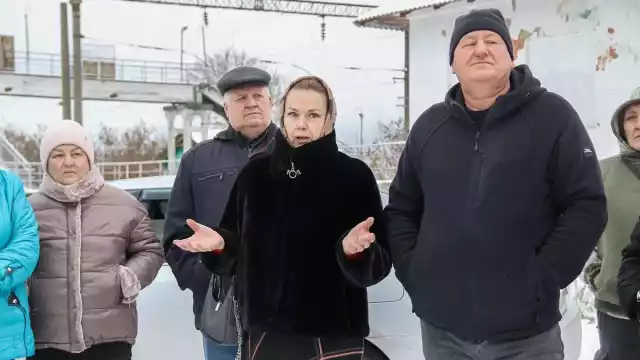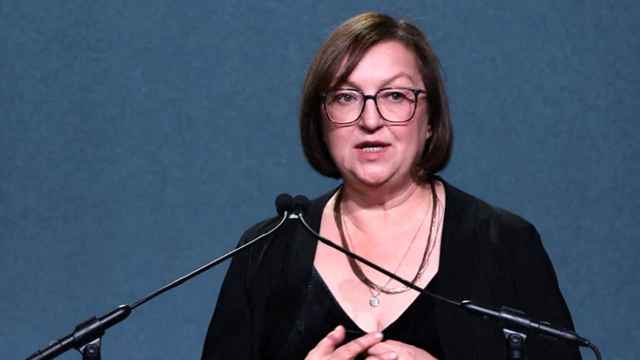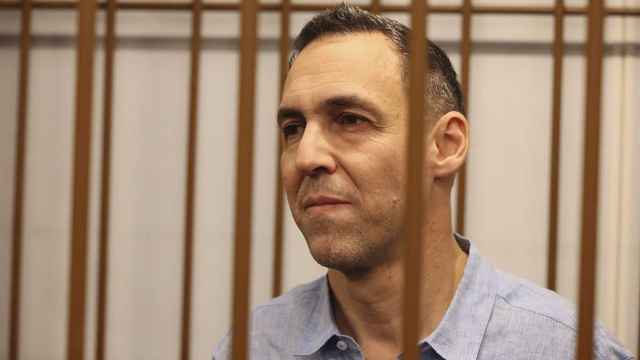The government wants to make Russia one of the world's most attractive tourist destinations and is proposing that private investors spend more than 200 billion rubles ($7 billion) over eight years to do so.
The federal government would spend another 100 billion rubles on the effort, but less than 1 billion rubles would go to advertising. That would make any investment senseless, skeptics say.
Prime Minister Vladimir Putin has approved the federal targeted program "development of inbound and outbound tourism up to 2018," according to the government's web site.
Tourism makes up 6.5 percent of gross domestic product, but the World Economic Forum ranked the sector 59th out of 139 countries. "Our country's potential is only 30 percent utilized!" Putin said last month at a Presidium meeting while discussing the program, according to government.ru.
Russia has unique natural resources, and in almost every region there are interesting tourist attractions. But there is a lack of modern infrastructure, the program says. For instance, out of 2,000 kilometers of warm water coasts, only a third is suitable for recreation. If they are improved, the yearly number of visitors could grow from 10 million to 22 million.
Due to bad roads and a shortage of cheap hotels, only 5.6 million people visit historical and cultural landmarks annually.
The state plans to develop tourism infrastructure in clusters, with organizations focusing on a particular region — designing, building, promoting and selling a tourism product. Clusters are planned for each federal district.
In the Northwest Federal District, there will be one covering parts of the Silver Ring; in the Central Federal District — the Golden Ring; in the Volga Federal District — the Great Volga cities; in the North Caucasus and Southern federal districts — the Krasnodar and Stavropol and Rostov regions, and Kabardino-Balkaria. In Siberia, year-round tourist destinations could be developed in the Sayan Mountains and on Lake Baikal.
The program's cost is 332 billion rubles, with some 96 billion coming from the federal budget, 25 billion from regions and the rest from private investors. Almost 95 percent of that total is earmarked for construction, though the program does not say exactly what will be built.
The government wants the number of foreign tourists to increase 5.6 times over the eight-year period, with their share in the total amount of tourists going from 11 percent to 33 percent. But the government plans to spend domestically and internationally a meager 850 million rubles on advertising tourism.
It's impossible to achieve a result with such a small budget, said Grigory Trusov, president of the Kontakt-Expert consulting firm. "Countries usually use the CNN [television] channel as an initial step in promoting their tourism opportunities. That sum is only enough to air a small number of short clips."
It's just crumbs, and without advertising, you can't count on a drastic influx of tourism, said Maya Lomidze, executive director of the Association of Tour Operators of Russia. This year, Turkey's Tourism and Culture Ministry announced that the country would be spending $7 million on tourism advertising in Russia alone — 20 percent more than last year. Egyptian officials announced about $3 million.
The results will depend not only on the program but also on the plans for developing road infrastructure, airports and accommodations, said Marina Udachina, director of the Institute for Innovations, Infrastructure and Investments.
The cluster approach is justifiable, she said, because together it will be easier for regions to attract tourists. But without good marketing programs, even the biggest investments will not get a return, she said. People, especially foreigners, simply do not find out about the hotels and natural treasures available. "Thus we show that tourism is really not a priority," she said.
Read the original Vedomosti article .
A Message from The Moscow Times:
Dear readers,
We are facing unprecedented challenges. Russia's Prosecutor General's Office has designated The Moscow Times as an "undesirable" organization, criminalizing our work and putting our staff at risk of prosecution. This follows our earlier unjust labeling as a "foreign agent."
These actions are direct attempts to silence independent journalism in Russia. The authorities claim our work "discredits the decisions of the Russian leadership." We see things differently: we strive to provide accurate, unbiased reporting on Russia.
We, the journalists of The Moscow Times, refuse to be silenced. But to continue our work, we need your help.
Your support, no matter how small, makes a world of difference. If you can, please support us monthly starting from just $2. It's quick to set up, and every contribution makes a significant impact.
By supporting The Moscow Times, you're defending open, independent journalism in the face of repression. Thank you for standing with us.
Remind me later.





